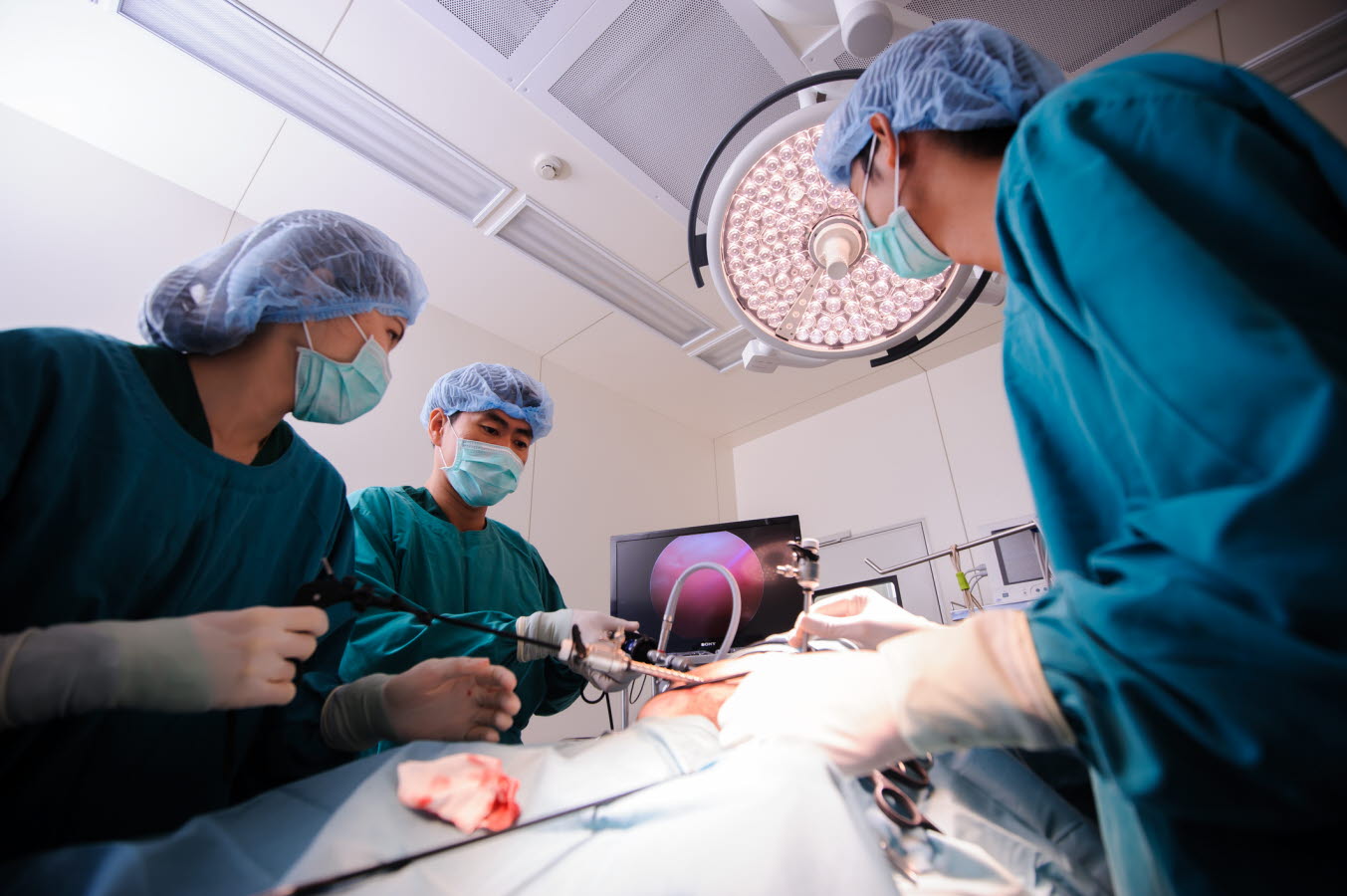Post-surgery care for your pet

Does your beloved pet require some planned or urgent surgery? Follow these general tips on post-surgery care to maintain their comfort and help ensure their speedy recovery.
Post-anaesthetic care – the first night
Frequently, pets will have received intravenous fluids during their procedure, but are too sleepy to toilet for a few hours afterwards. It is therefore best to pack some thick towels (or puppy pee-pads) for your pet to sit on during the journey home, in case of an accident. Offer dogs a toileting opportunity prior to hopping in the car. For cats (and dogs who don’t wish to toilet at the clinic), assist them to their usual toileting area as soon as you get home.
Sometimes pets may be a bit wobbly or sleepy for 12-to-24 hours after sedation or an anaesthetic, so have a comfortable bed set up for them in a warm, quiet, confined area to allow them to safely 'sleep it off'.
Feeding
Sometimes animals may feel a little nauseous after sedation or a general anaesthetic. It’s best to offer them a drink of water when they get home and if they keep this down, you can then offer them some food (provided your veterinarian has advised that this is ok). Several smaller meals are often better than one large meal.
If your pet has had a dental procedure requiring the extraction of teeth, it’s important to confirm any special dietary requirements with your veterinarian. Generally, these pets will require a soft food diet for one-to-two weeks afterwards, to allow their gums to heal.
There are some other procedures which may require a special diet to be fed once your pet goes home – your veterinarian will advise you of any special instructions.
Pain relief
Depending on your pet’s procedure, your pet will likely have received some pain relief at the veterinary clinic, and you may also be given some additional pain relief to administer at home. It’s important to follow label instructions closely, to reduce the chance of potential side effects.
If you feel that your pet needs additional pain relief, don’t hesitate to phone your veterinarian to discuss this – every animal has a different level of pain tolerance, and your vet will always want your animal to be comfortable!
Signs of pain in animals can include:
- Hunched posture
- Reluctance to move
- Reluctance to eat or drink
- Avoiding interactions or touch
Wound care
If your pet has a surgical wound, it’s important to prevent them from licking at it. You can request an Elizabethan collar to help with this if your animal hasn’t already been provided with one.
Wounds need to stay dry and clean, and should be checked daily for any signs of infection (redness, discharge, swelling) or the wound breaking open.
Rest and return to exercise
It’s important to keep your pet quiet and confined to minimise tension on healing wounds for 10-to-14 days. This will allow the smoothest, most comfortable recovery for them. Animals with belly wounds (e.g. from desexing) should not be running or jumping during this period.
Various procedures (such as orthopaedic procedures) will require confinement for extended periods – your veterinarian will advise you of any special requirements.
Should my pet be rechecked?
Your veterinarian will most often schedule a recheck for your pet – it is important to ensure that you attend these appointments. If you feel that your pet is showing any signs of postoperative complications (e.g. significant pain, wound abnormalities or general unwellness) at any time, it’s best to phone your veterinary team as soon as possible to discuss. Like you, your veterinarian wants your pet to be happy, healthy and comfortable!
